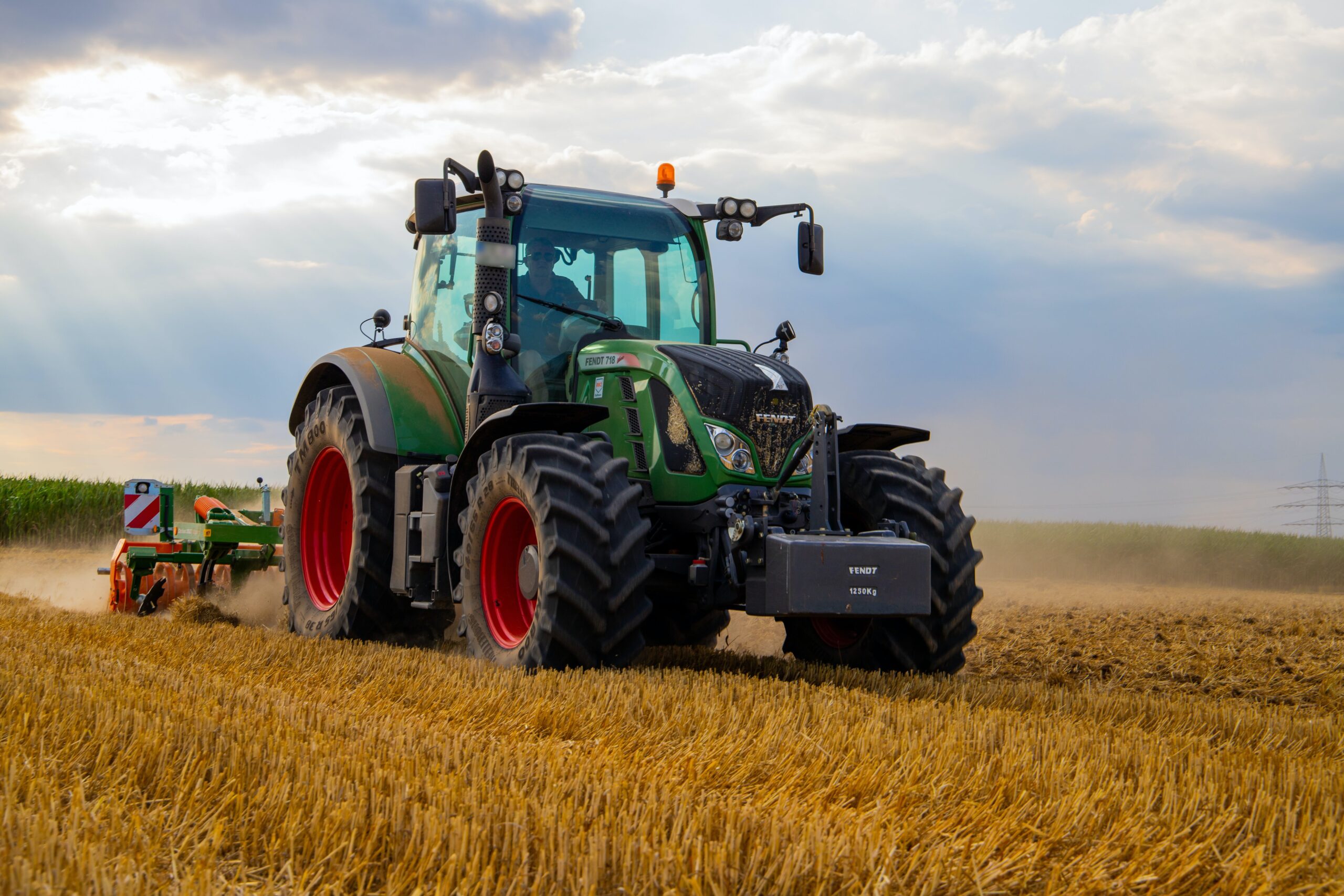
Traditional partnerships are becoming less and less common, with more businesses choosing a more formal legal structure such as a limited company. The law governing partnerships dates back to 1890 and may be seen as outdated for modern businesses.
One industry, however, that continues to place heavy reliance on partnerships is farming. Many farming businesses have been passed down through generations, being run by various family members without ever seeing the need for a formal document to set out the structure of the business. This approach often eventually leads to problems, particularly in circumstances where there is a sale or a dispute over who owns what. A way to help prevent this is through entering into a farming partnership agreement, which will govern certain aspects of the business.
6 key things to consider when entering into a farming partnership agreement:
- Who are the partners?
- What should happen if there is a falling out?
- What should happen to the partnership if a partner retires, is incapacitated or dies?
- Unlimited Liability
- Who can make drawings from the partnership’s bank account?
- Who owns the assets of the business?
Legally, a partnership is defined as “the relationship between persons carrying on a business in common with a view to profit”. Therefore, a partnership can be formed informally even if the people involved did not necessarily want to do so, meaning that people can gain rights and become subject to obligations unintentionally.
It is important that from the very beginning the agreement sets out exactly who the partners are, and therefore who will be entitled to a share of profits and the proceeds on a sale. Addressing key areas like this early can help to prevent disputes in the long run.
As farming partnerships are often family run, there is more scope for confusion as to whether a family member is an employee or a partner in the business and a farming partnership agreement can help with this.
As a result of the informal nature of partnerships, they can be terminated by notice, with no minimum period, which can be used as a weapon in a dispute. Having a partnership agreement prevents this being possible and can set out a way of a partner leaving.
Given the informal nature of partnerships, without a partnership agreement, if a partner retires, is incapacitated or dies, then the partnership would simply end. This would mean winding up the partnership, with the assets valued and sold to pay the proceeds to those entitled, such as creditors. This could be catastrophic, as it would mean the end of the business for the other partners involved. Therefore, it is important to plan ahead and specifically address these issues in the partnership agreement, to ensure that the business is able to continue despite a partner’s retirement, incapacity or death.
Under current law, all partners have unlimited personal liability for the partnership’s debts. Therefore, it is important to ensure that one partner cannot increase the partnership’s liabilities on behalf of the others without their prior consent. This can be avoided by the agreement setting limits on what partners can agree to without first consulting the other partners.
It is critical that there are provisions within a partnership agreement that stipulate who can make payment from the partnership’s bank account, and what limits apply. Not only does this help to clarify from the outset what the partners are entitled to withdraw or pay, it helps to preserve the relationship of those involved in the partnership and protect the business’ financial stability.
Assets may be owned by the partnership or by the individual partners themselves, with them allowing use by the partnership. Determining ownership is especially important when it comes to more valuable assets such as land, since this can have many implications relating to tax, succession and entitlement to value.
If you have any questions about farming partnerships that you would like to discuss, please contact our Corporate and Commercial team on 0116 289 7000 or at info@bhwsolicitors.com.
Categorised in: Agriculture, Blog, Commercial Property, Corporate and Commercial, Dispute Resolution, News
Tags: Agricultural Law, Commercial Agreements, Company Law, Dispute Resolution, Farming & Agriculture, Partnership Agreements